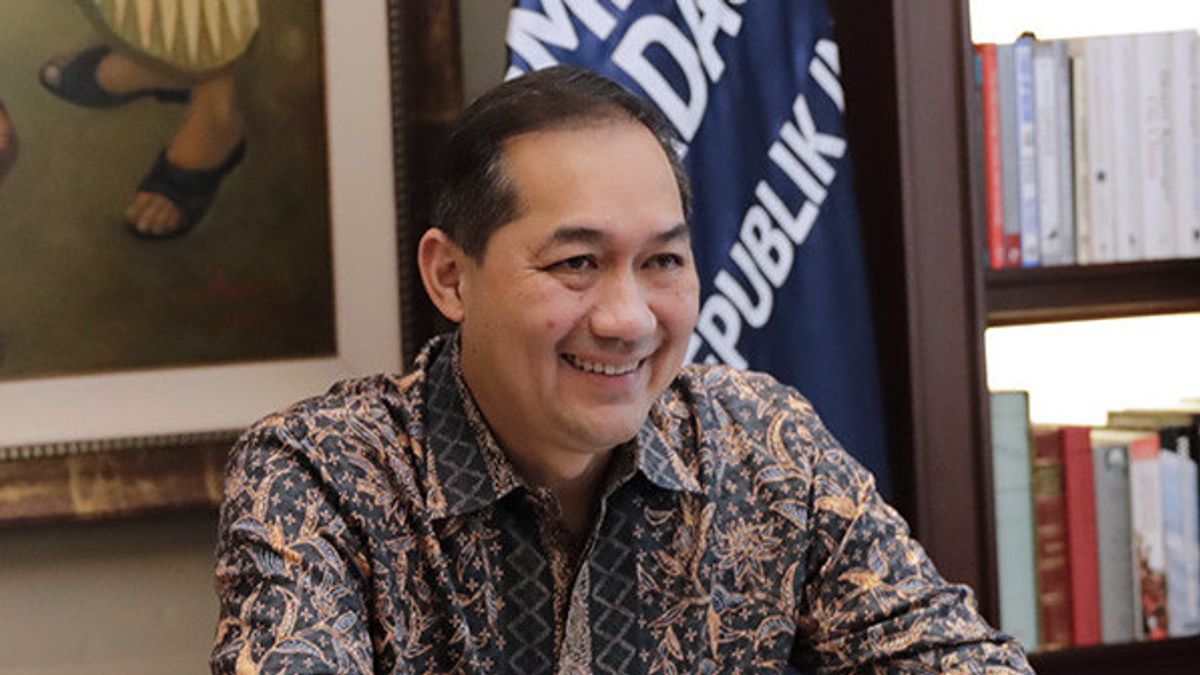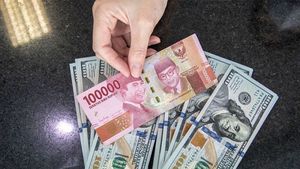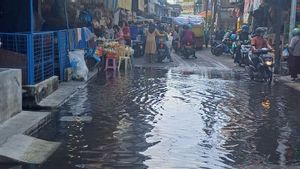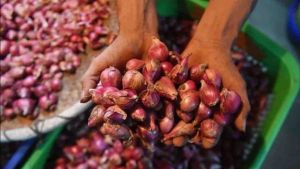JAKARTA - Indonesia's economic recovery continues to improve after previously experiencing a long contraction, now Indonesia has managed to get out of the recession with economic growth of 7.07 percent in the second quarter of 2021. This achievement is inseparable from the various efforts made by the government in maintaining the trade sector.
Trade Minister Muhammad Lutfi revealed how to maintain Indonesia's trade performance in the COVID-19 pandemic situation. In maintaining trade, he said, the manufacturing sector, especially the garment and textile industry, is very important.
Furthermore, Lutfi explained that if the sector is disrupted or closed, it will directly affect the decline in Indonesia's exports to trading partner countries such as the United States and Singapore.
"We cannot be undisciplined and forced to sacrifice health and then the domestic economy and export markets decline," he said in a virtual press conference, Thursday, August 5.
According to Lutfi, without a pandemic, his party already has challenges in maintaining trade performance, especially in conditions like now. This is because Indonesia's exports to European Union countries have the potential to be disrupted by plans to impose a cross-jurisdictional carbon tax or carbon border tax in the European Union.
Therefore, Lutfi admitted that he took the initiative to collect trade-related data in order to overcome these problems.
Regarding the European Union's plan, Lutfi acknowledged that this was the biggest challenge in maintaining Indonesia's trade performance. However, he stressed, if it is felt that it interferes with exports, his party will also cooperate with business actors to take legal action.
"So this applies to products with a high carbon footprint. And we are studying this, we are making sure this policy does not interfere with Indonesian exports and we feel sure this is against the rules and regulations of the WTO," he said.
In addition, Lutfi said that currently Indonesia is evolving in maximizing trade towards value-added goods and high-tech goods. The aim is to improve export performance, and expand into new markets outside of traditional countries or major trading partners.
Not only that, said Lutfi, his party also has further steps, namely closing the Indonesian Trade Attaché in Denmark, then moving it to Turkey. Then, his party will also close the Indonesian Trade Promotion Center (ITPC) in Milan, Italy, and move it to Karachi, Pakistan.
"So these are shifting changes where we look for traditional markets, and switch to exporters of semi-finished goods into industrial and high-tech goods," he explained.
The English, Chinese, Japanese, Arabic, and French versions are automatically generated by the AI. So there may still be inaccuracies in translating, please always see Indonesian as our main language. (system supported by DigitalSiber.id)













